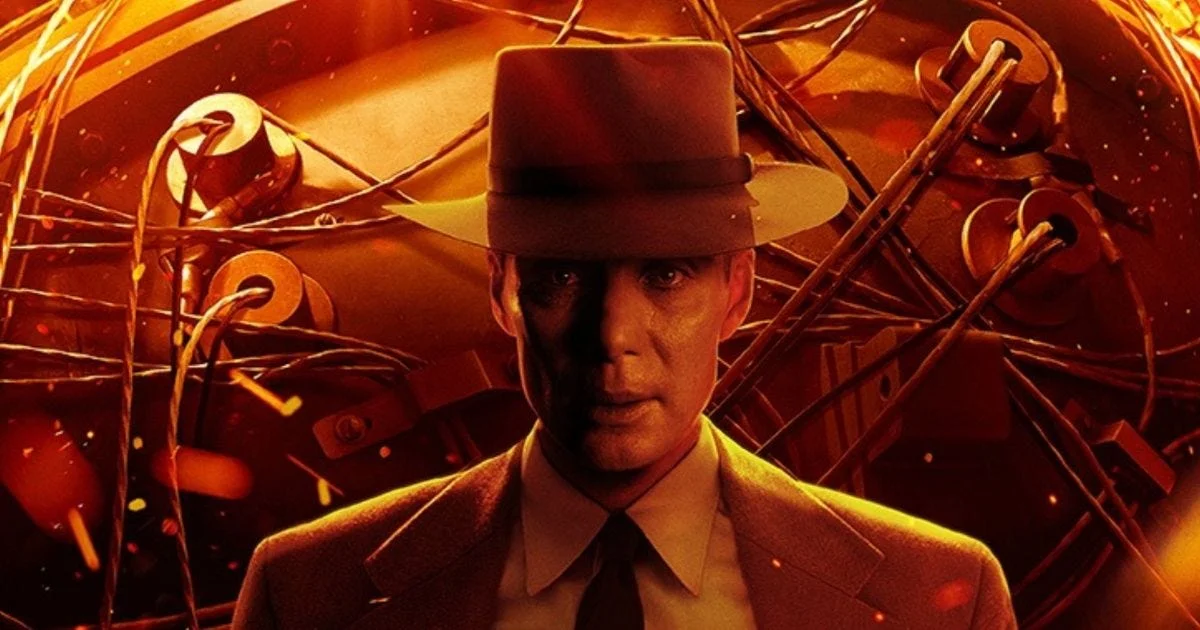Cillian Murphy, the distinguished actor renowned for his roles in “Peaky Blinders” and other notable productions, has offered intriguing insights into the creative process behind Christopher Nolan’s blockbuster film “Oppenheimer.” In a revelation that sets Nolan’s filmmaking apart, Murphy shared that there exists no deleted footage within the movie, debunking the notion of traditional DVD extras.
During a conversation with Collider, Murphy articulated the distinctive characteristic of Nolan’s approach to crafting films. According to him, the script itself is the essence of the movie, and every scene serves a purpose within that narrative framework. “There’s no deleted scenes in Chris Nolan movies, that’s why there are no DVD extras,” he remarked, shedding light on the director’s meticulous storytelling style.
Murphy further elaborated on this phenomenon, stating, “The script is the movie. He knows exactly what’s going to end up. He refrains from tinkering with it, attempting to alter the storyline. That is the movie.” This assertion underscores Nolan’s unwavering commitment to his artistic vision, allowing no room for extraneous content or deviations from the core story.
This isn’t the first time Murphy has commented on this aspect of Nolan’s filmmaking. In a 2012 interview conducted by MTV, he expressed his belief that expending substantial resources on scenes that won’t make the final cut is both puzzling and wasteful. This perspective, as reported by India Today, aligns seamlessly with Nolan’s philosophy of efficiency in storytelling.
Cillian Murphy’s insights shine a spotlight on the pragmatic and meticulous nature of Christopher Nolan’s approach. By adhering closely to the script and eliminating the concept of deleted scenes, Nolan ensures that each frame contributes to the seamless narrative flow. Murphy’s words further emphasize that Nolan’s films are carefully constructed pieces of art, meticulously designed to evoke a specific cinematic experience.
In an industry often characterized by reams of unused footage and behind-the-scenes glimpses, Christopher Nolan’s commitment to the script as the definitive version of the film stands as a testament to his dedication to storytelling purity. While this approach may disappoint those seeking traditional DVD extras, it solidifies Nolan’s reputation as a filmmaker whose work is marked by unwavering narrative integrity. As anticipation builds for “Oppenheimer,” audiences can expect a film that adheres precisely to Nolan’s creative vision, eschewing superfluous additions for a streamlined and impactful storytelling journey.




